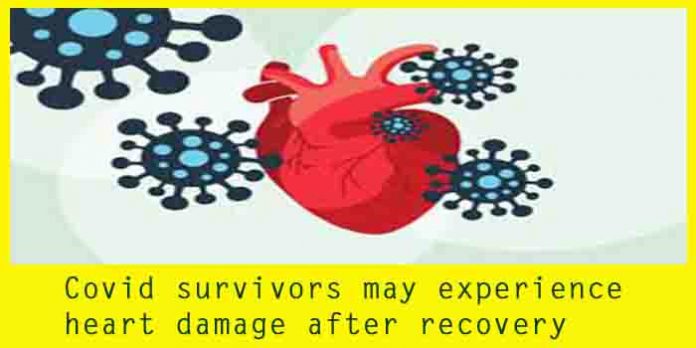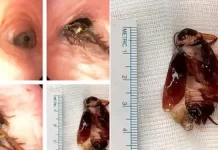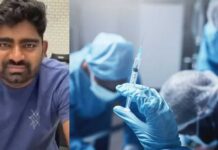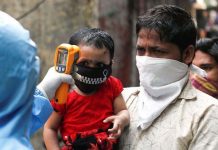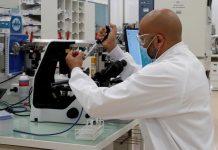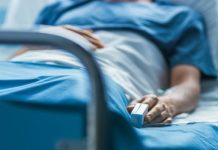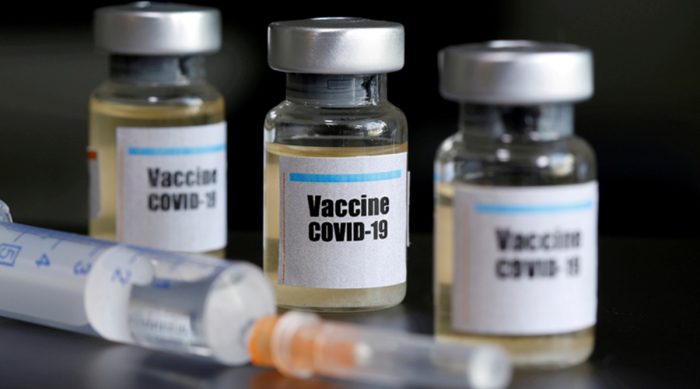Studies suggest Covid-19 survivors not to do exhausting work or exercise for at least three months after recovery. Many Covid-19 survivors experience some type of heart damage, even if they did not have any history of heart disease. Viruses often infect the heart muscle. It directly affects the pumping of the heart and leads to heart failure. Decreased pumping capacity can lead to shortness of breath. These complications, such as myocarditis, an inflammation of the heart muscle, could lead to an increase in heart failure down the road. Also the people with pre-existing heart disease who don’t have Covid but who avoid coming into the hospital with heart problems out of fear of being exposed to the virus more. Moreover, there may be individuals who get through the initial infection, but can left with cardiovascular damage and complications. Many are get infected without showing any symptoms. Therefore, affecting the heart muscle may not be immediately recognised, until people collapse. Studies show that 40% of the people recovered from Covid and those who don’t have blockage in their arteries will lead to heart failure. Another threat is that virus also affects the nervous system to swell, affecting the supply of blood to the heart.
Covid comes to many people without symptoms. Therefore, the disease may not be immediately recognized as affecting the heart muscle. This is why Covid freed people collapse and die. These people do not have a blockage in their arteries to have a heart attack. International studies show that forty percent of people who have had a heart attack since Covid’s release have seen it. This latest twist has health care experts worried about a potential increase in heart failure. Studies also shows that Covid 19 patients identified infections in the hearts of patients who had not been diagnosed with cardiovascular issues while they were ill. In severe cases, it is advisable to examine all the diseased organs, including the heart. Those recovering from COVID-19 should watch for the following symptoms – and to consult their physician or a cardiologist if they experience them: increasing or extreme shortness of breath with exertion, chest pain, swelling of the ankles, heart palpitations or an irregular heartbeat, not being able to lie flat without shortness of breath, waking up at night short of breath, lightheadedness or dizzy spells.


